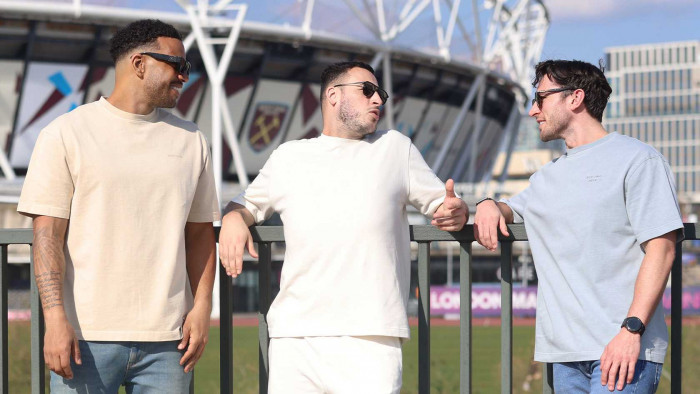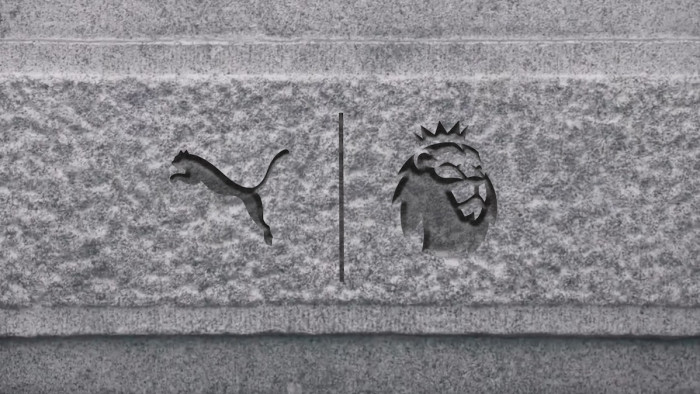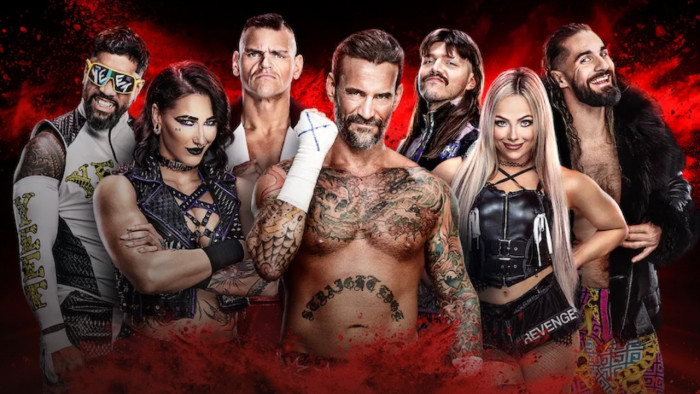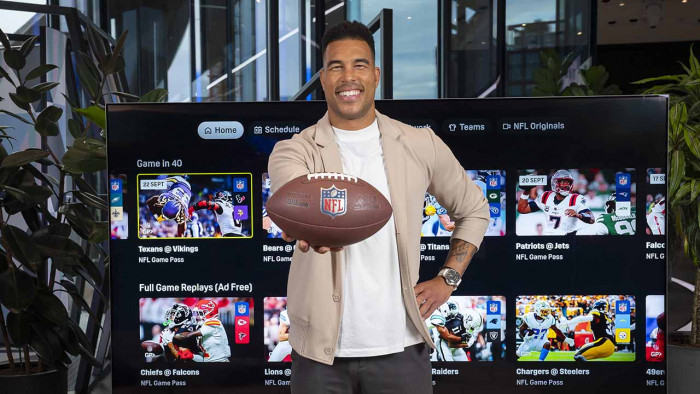Freddie Flintoff talks booze, depression & chess
Think of Freddie Flintoff and you think of cricket and booze, in reverse order. Here he explains why that now needs to change


Think of Freddie Flintoff and you think of cricket and booze, in reverse order. Here he – or, Andrew – explains to Sam Rowe why that now needs to change
You know Freddie Flintoff. He’s the beer-swilling, fast-bowling eccentric of English cricket. The man who (drunkenly) commandeered No10 after winning the Ashes, who (drunkenly) fell off a pedalo in the Caribbean. He’s the affable Northerner, the face of many ad campaigns, who’s seen employment as an adventurer, boxer and fish-and-chip vendor since hanging up his whites.
You knew that, and yet you don’t actually know Fred. Or, not the man behind the Freddie mask. Having battled alcohol, depression and crippling self-doubt, Andrew Flintoff is the Jekyll to Freddie’s Hyde. Yin to unruly yang. But he’s ready to introduce himself.
So, Andrew… does anyone even call you that?
My mum does. My nan used to. My wife. Then, bizarrely, Stephen Harmison, who I played cricket with and is one of my best mates. But, on the whole: Fred.
Is Freddie a part of you, or a character you inhabit – like Keith Lemon or Alan Partridge, say?
I wouldn’t regard myself as Keith Lemon, but then, in some ways, a little bit. With sport, it’s about performing, and a lot of that is acting. You walk out, in front of a lot of people, trying to give this persona of being ultra confident. I walked out there the same way every time, with my helmet in one hand and bat in the other, as if I owned the ground. At no point did I feel like I was owning it, but I got away with it.
Was being Freddie a bit of a defence mechanism?
While playing cricket, you don’t want to show a chink in your armour, and you put on a front. Now that’s finished, one reason for the book is talking about that, because I wasn’t the person everyone thought I was.
You’ve been vocal about suffering from depression. Is the stigma for men disappearing?
I think it’s changed a lot in recent times. There shouldn’t really be stigma, and though I’m sure it’s still there a little, it’s not like what it used to be. If I’d have spoken about this 20 years ago, when I first started playing cricket, the reaction in the dressing room would’ve been very different. I’d have got a clip round the head and told to buck up.
Many have called you brave for your frank openness about your depression…
Brave people don’t play cricket. Brave people are fighting illnesses. I’ve spoke about it before – I did a documentary a few years ago on the BBC [The Hidden Side Of Sport] and I never expected to give as much away about myself as I did. But I didn’t see it as a big deal, I was just talking about something that’s happened, and it’s not something I’m ashamed of. It doesn’t make me a bad person.
It goes a long way to prove that depression can affect anyone.
It’s not selective. That was an interesting thing about the documentary – talking to the likes of Ricky Hatton, whose career in Manchester ran alongside mine. We were at the peak of our powers at the same time, we knew each other, but we didn’t know what was going on in each other’s lives.
You’ve also stopped drinking?
Yeah, I’ve not drunk for a year or so. It’s funny, because it seems a big deal for everyone else, rather than myself. I got fed up of hangovers – I’ve got three kids who get up very early, and I work really hard, so it wasn’t a big sacrifice. I still go out with my mates, I just drive home and get in at a decent time. There’s no reason to have three or four pints, I smile most of the time anyway. I’m happy.

Your appearance on England’s open top bus, post-Ashes win in 2005, is the stuff of legend. Do you remember any of it?
I’m a bit sketchy on some details, but I remember 10 Downing Street clearly – sat on a swing with Steve [Harmison] in the back garden. It was a bizarre day. It’s cricket, you expect 10 people to come wave at you, but all those people turned out and it was just this massive whirlwind.
I guess there’s a less amusing side, too.
There is. I had no qualms about drinking, especially to celebrate. But if you’re using it to change how you think or feel, something needs to be addressed.
And yet, in the book you say you “were good at” drinking?
I was, yeah. I could do it. I think it was a little bit about acceptance as well, because everyone liked football, and I liked cricket. Then when I went into Lancashire as a young pro, you feel a bit insecure, and I started having a few drinks, and you get accepted. It was probably when I started drinking that I started getting a few more friends.
Will A League Of Their Own be the same sober? It seems like quite a boozy show.
It used to be in the early days. Now I won’t touch it, James [Corden] isn’t a drinker, Jack [Whitehall] will go out, but he’s not a drinker. Jamie [Redknapp] has the odd pint, but he’s too beautiful to drink, isn’t he?
A favourite revelation from your book: you were once offered a WWE wrestling contract?
[Laughs] Yeah. Before I boxed, my original idea was to fight The Undertaker. I spoke to WWE and went to wrestling school in Tampa. I broke two ribs and did a piece to camera, then me and the wife stayed in Miami for a holiday. We thought nothing of it, but then [WWE] said, “Look, you can’t do your documentary as we’re quite secretive… but we’d like you to join us.”

That idea instead turned into a successful, if brief, boxing career. No regrets for not pursuing it further?
It was only gonna be one fight – I didn’t like punching people. I enjoyed the training and testing myself, but the boxing world is not for me. All people talk about is fighting all day. It’s exhausting.
Another scoop: you’re also a chess-head?
At school in Preston we had kids coming in playing chess, from broken homes to the school bully. I played for Lancashire, my brother played for England, and we had this chess team that was one of the best in the country.
You retired from cricket, then briefly came back last year. How special was that?
I was over playing, but then the opportunity arrived. It was a different experience – at 37, I need glasses, I can’t move like I used to, and it’s those feelings of being unsure of yourself. It felt like I was 16 again. To taste it one last time was brilliant.
Can you ever retire Freddie?
[Grins] He’s always gonna be there. I need him at times. If I went on stage as Andrew, it’d be a boring show. I don’t think one survives without the other – they compliment each other well. There was a time they didn’t [laughs], but now it’s all good.
Second Innings: My Sporting Life by Andrew Flintoff is out now priced £20 (Hodder)
(Images: Getty/PA/Rex)
Latest
Related Reviews and Shortlists









